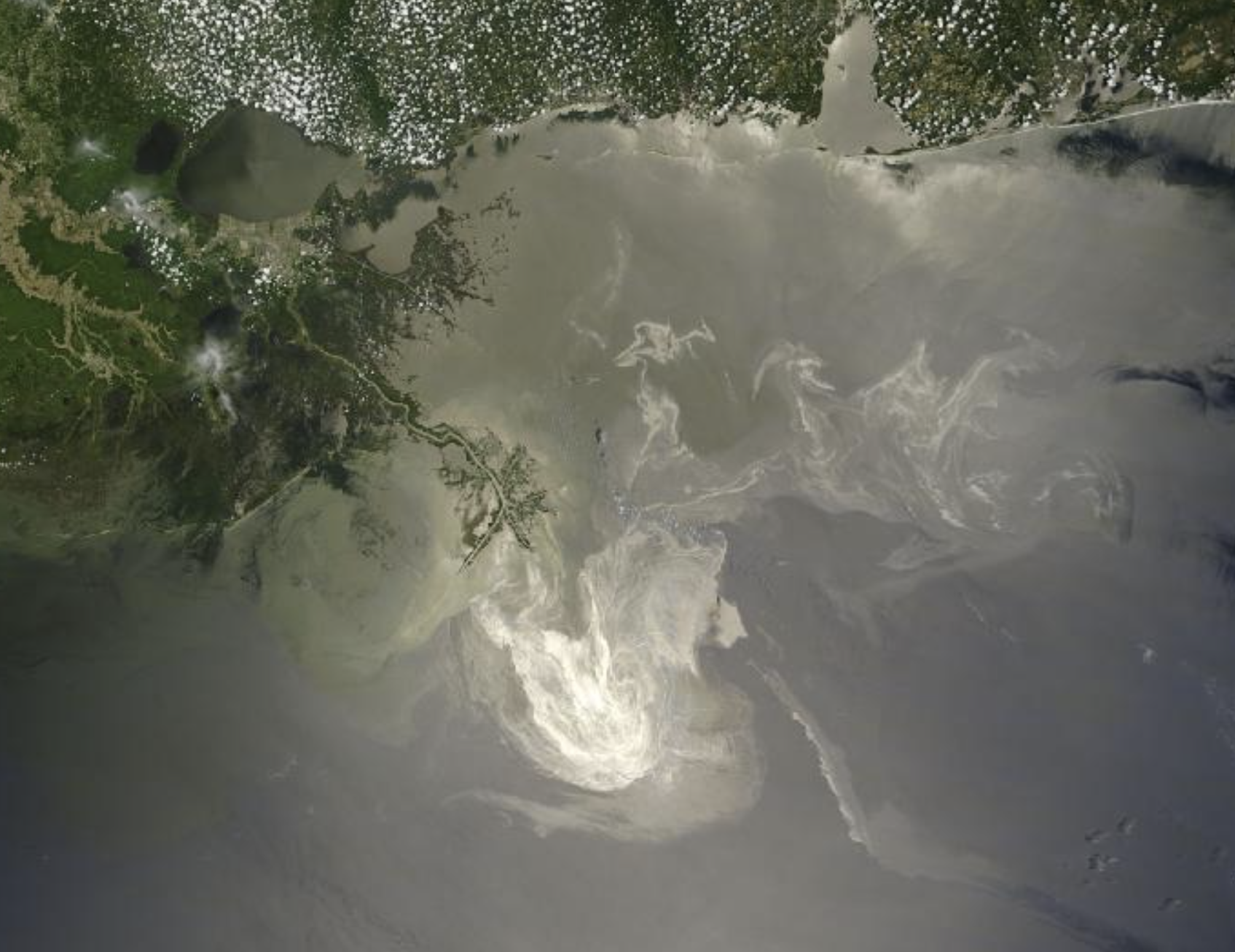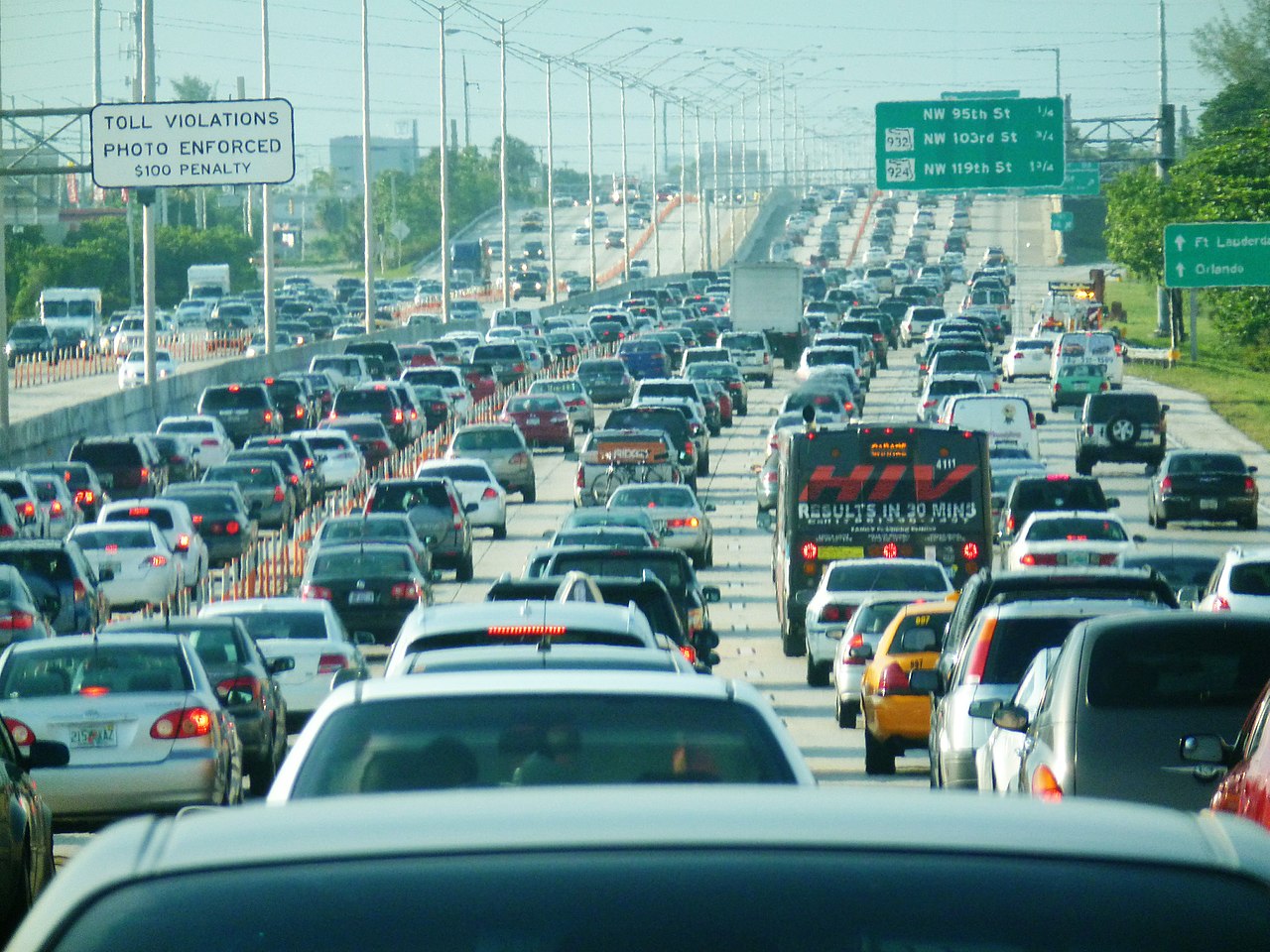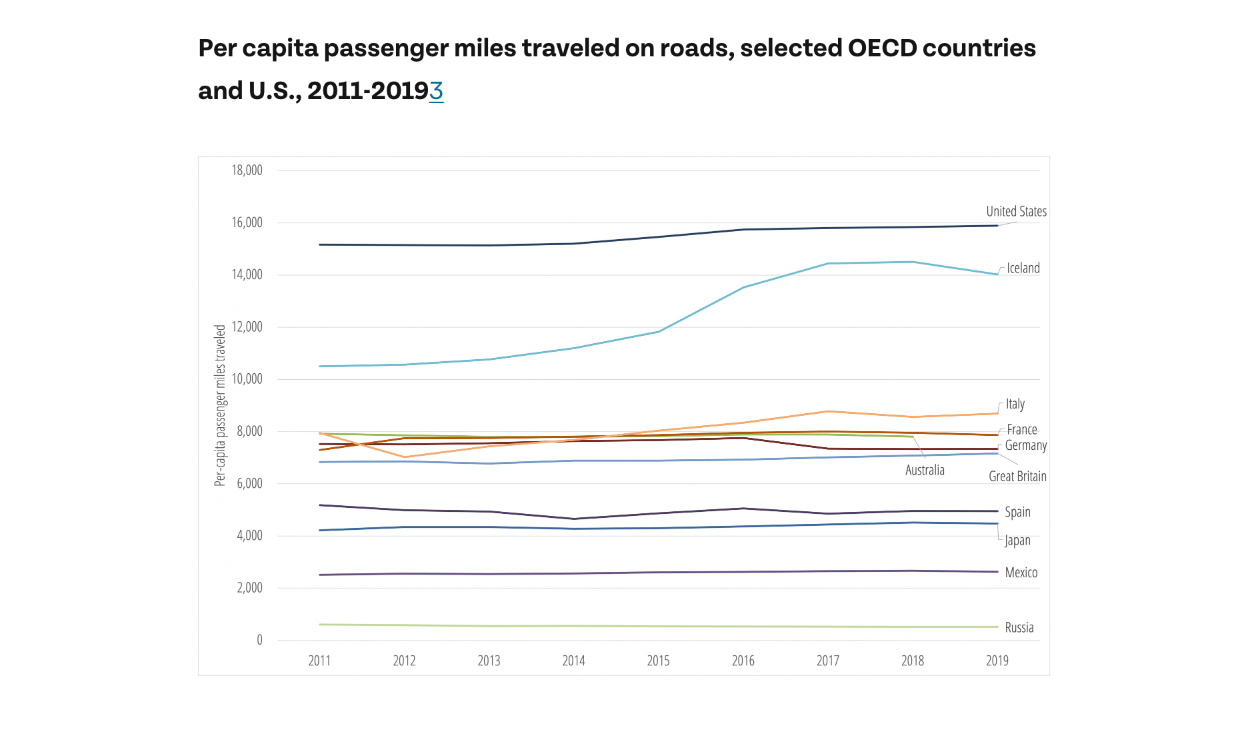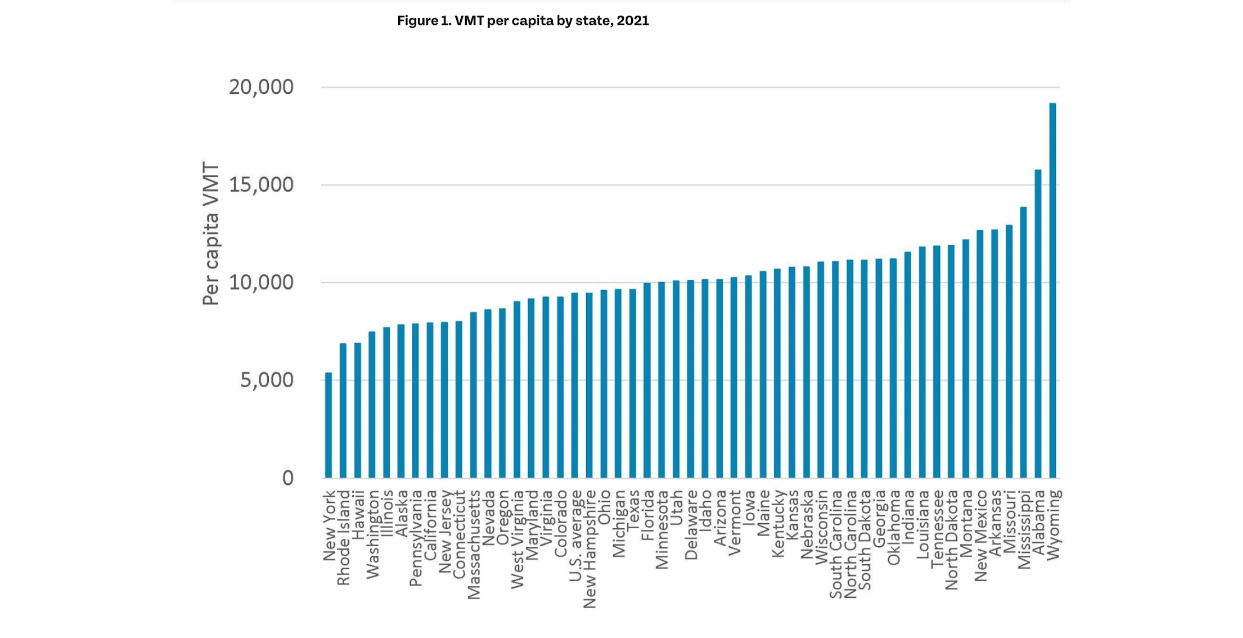
How much does American driving contribute to global climate pollution?
Three Frontier Group analyses help inform the conversation about cars and climate.

Over the years, Frontier Group has applied considerable focus to the intersection of transportation and climate. This crucial nexus is finally getting the kind of attention we believe it deserves, including a recent excellent piece by Somini Sengupta of the New York Times that featured a lot of our research. The article, and the work on which is is based, highlight both the scope of the challenge at hand and some reasons for hope.
You may know that transportation is now America’s biggest source of climate pollution, but there’s been surprisingly little written about why the transportation sector now holds that position … or about the dreadful contribution that pollution from America’s cars and trucks over the last century is making to the severe storms, wildfires and heat waves we’re experiencing today.
Last year, Frontier Group Policy Analyst Bryn Huxley-Reicher found that Americans drive far more on average than people in most of the rest of the world and have done so for a long time – a key reason why America’s transportation climate emissions have been so high.

This spring, Associate Director and Senior Policy Analyst Tony Dutzik sought to find out the role that all that driving – year after year, decade after decade – has had in fueling climate change. He discovered that if American cars, SUVs and small trucks were a nation, as Sengupta writes, “they would be the sixth-largest emitter of heat-trapping carbon dioxide emissions since 1949, putting them behind the total national carbon dioxide emissions produced by the United States, China, Russia, Germany and Japan.”
But beneath that sobering reality, there is reason for hope. Associate Director and Senior Policy Analyst Elizabeth Ridlington recently found that American driving patterns are changing; several states (especially those which have taken steps to encourage alternatives to single-occupancy vehicle travel) have seen significantly reduced driving over the last two decades. (At that link you’ll also find interactive tools that allow you to compare states.) As Sengupta wrote, more states will need to follow their example – and quickly – to meet our nation’s climate goals.

Addressing the world’s dependence on systems that undermine humanity’s future can look daunting. But there’s power in information, and the signs are not all bad. Frontier Group is intent on bringing to the world’s crucial conversations quality data and analysis that can help the public and decision makers take meaningful steps toward a better world.
Topics
Find Out More


Frontier Group at 25: Charts that changed the conversation

Frontier Group at 25: A clean energy future

